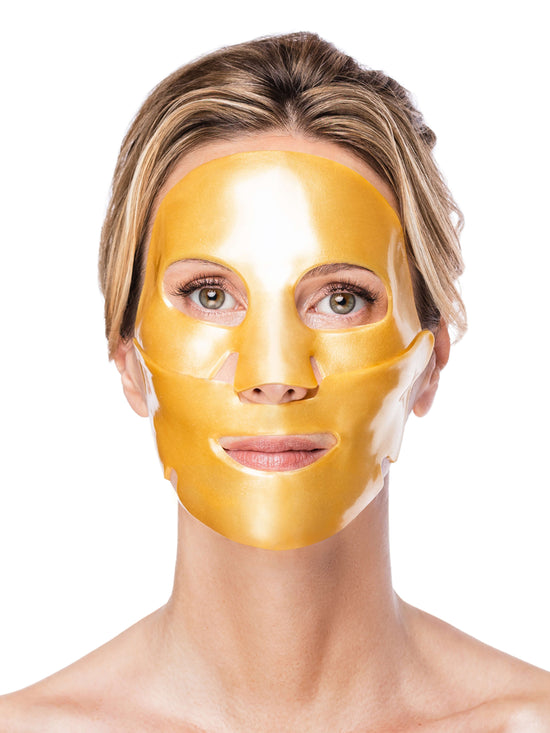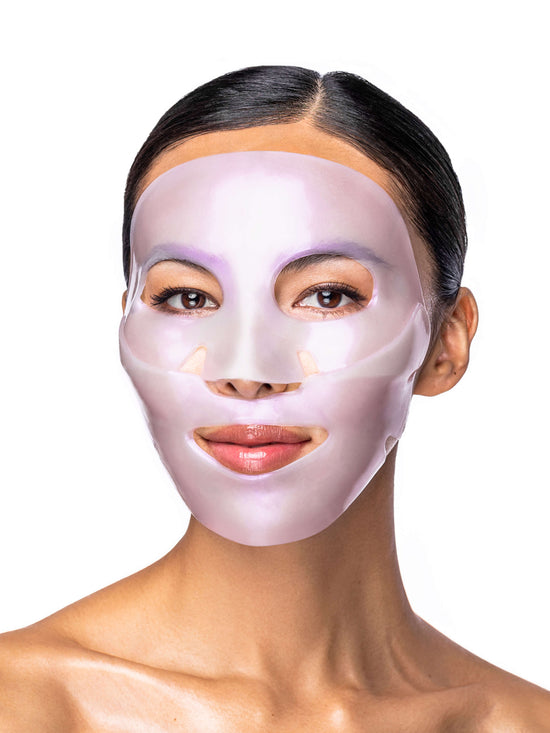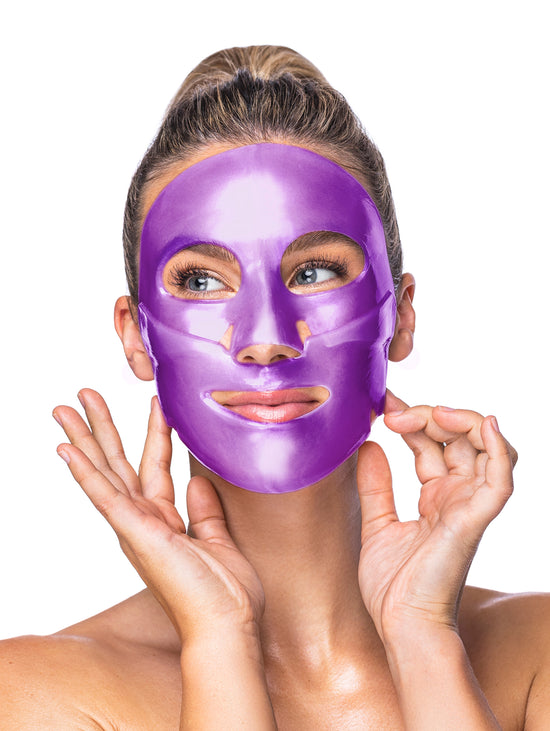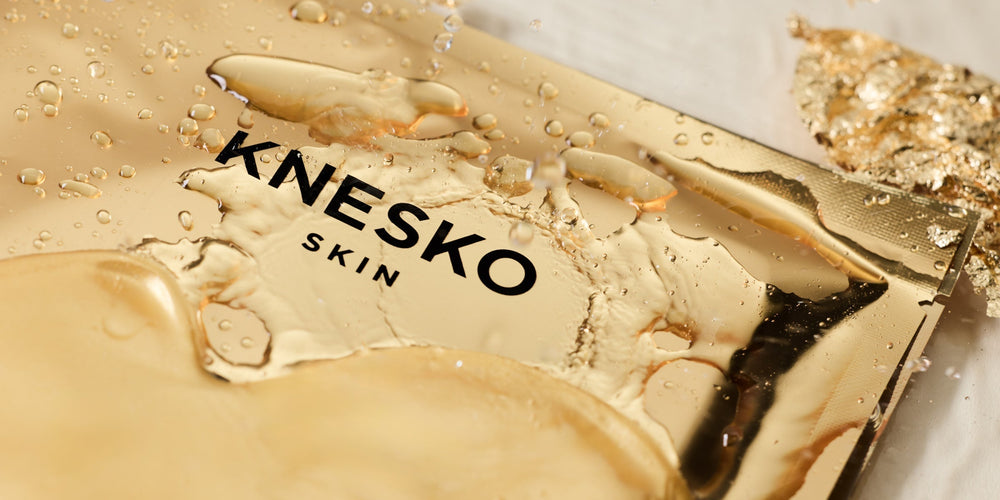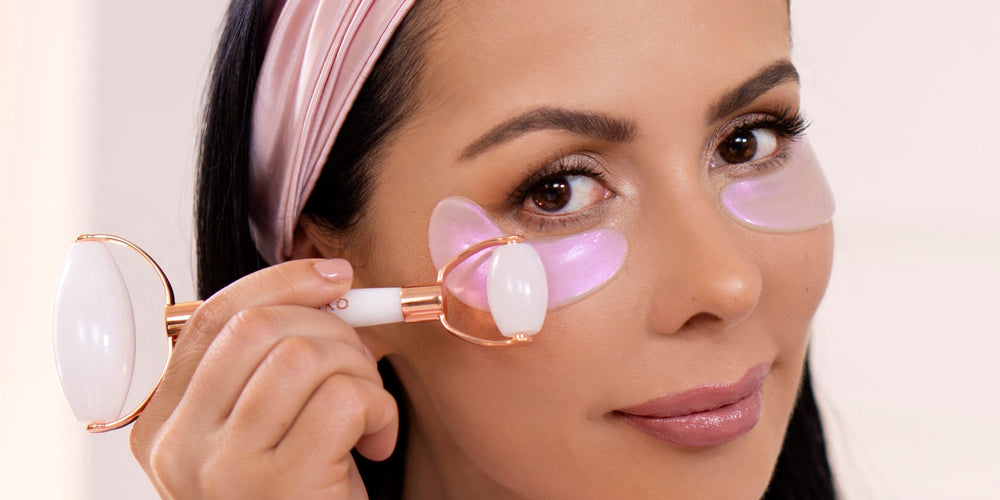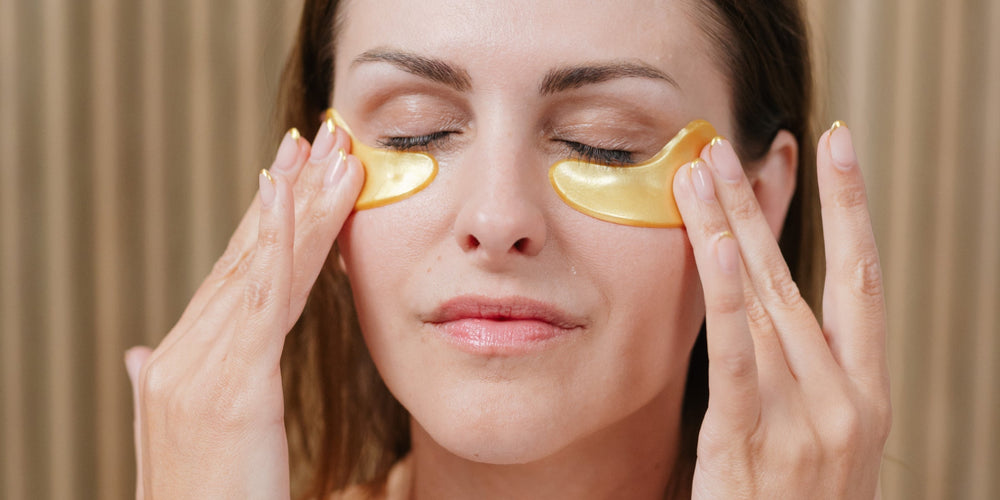Did you know that there are at least 16 types of collagen protein in the human body? We’ve assembled a list of the 5 most prevalent types including the role they play in your body’s function and how you can maintain optimal levels over time.
Collagen Types 1 & 3
When it comes to skincare, Type 1 and Type 3 Collagen are the most critical. Types 1 & 3 make up more than 90% of our body’s natural collagen population and are believed to play a vital role in the health and structure of our skin, nails, hair, and bones. Increasing your body’s exposure to these types of collagen can help to firm and hydrate skin, reduce wrinkles, strengthen nails, and thicken thinning or fine hair.
You can up your body’s levels of Type 1 & 3 Collagen by:
- Using marine collagen for face treatment
- Eating fish, beef, and bone broth
- Adding more egg whites to your omelet
- Taking an oral collagen supplement
Type 2 Collagen
Have you noticed your knee “popping”? Or do you have a bad shoulder that is getting worse? Your body could be running low on Type 2 Collagen. This form of collagen is found in cartilage, giving strength and flexibility to all of your moving parts. Adding more Type 2 collagen into your diet can help to reduce joint pain, and some studies go so far as to suggest that it could help reduce symptoms of arthritis.
Sources for Type 2 Collagen:
- Chicken and bone broth
- Protein powder or collagen supplements
Type 2 Collagen oral supplements are absorbed into the body more easily and quickly compared to other types of collagen. However, if you’re already taking supplements of Types 1 & 3, it’s wise to consult your health care practitioner before adding Type 2 Collagen to your diet.
Type 4 Collagen
Type IV collagen is the main collagen component of the basement membrane, which lies between the outer and middle layers of skin. Type 4 collagen helps our kidneys and other organs filter out the “bad stuff.” There is also some speculation that Type 4 plays a significant role in the healing of wounds and digestion.
Type 5 Collagen
Type 5 Collagen is best known for its importance in the development of the placenta, the feeding tube of nutrients and oxygen to an unborn baby. It can also be found in the cornea and may play a role in overall eye health.
Optimize your body’s collagen levels
Collagen is naturally occurring in our bodies, but levels do decline as we age. One of the first places that evidence of decreased collagen levels appears is the skin. Loss of elasticity, dullness, and sagging are primary indicators that your collagen level is decreasing. To help restore those levels, whether for overall health or glowing skin, take a look at your diet, invest in a high-quality marine collagen face mask such as those available from KNESKO, and talk to your doctor about the benefits of taking a collagen supplement.

